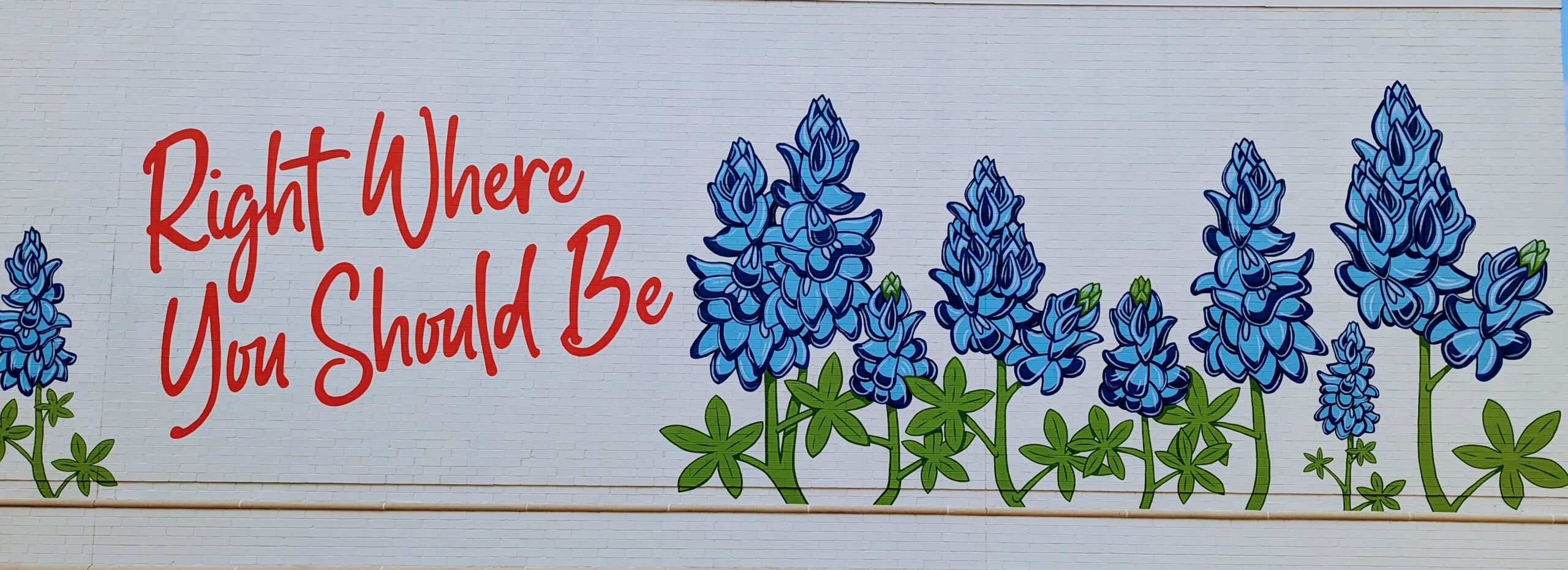We affirm and celebrate those who identify as LGBTQIA+.
If you are exploring your gender, identity, sexuality, need support for relationship issues, workplace stress, stress from discrimination, we are here for you. All of our therapists are trained in working with the LGBTQIA+ community and are and passionate about helping the community thrive no matter where they live.
According to www.mhanational.org
- LGBTQ+ teens are six times more likely to experience symptoms of depression than non-LGBTQ+ identifying teens.
- LGBTQ+ youth are more than twice as likely to feel suicidal and over four times as likely to attempt suicide compared to heterosexual youth.
- Forty-eight percent of transgender adults report that they have considered suicide in the last year, compared to 4 percent of the overall US population.
- 4.5 % of the U.S. population identifies as gay, lesbian or bisexual of those 39% report having mental illness in the last year
According to www.psychiatry.org
• LGBTQ individuals are more than twice as likely as heterosexual men and women to have a mental health disorder in their lifetime.
• LGBTQ individuals are 2.5 times more likely to experience depression, anxiety, and substance misuse compared with heterosexual individuals.
• Women who identify as lesbian/bisexual are more than twice as likely to engage in heavy (alcohol) drinking in the past month than heterosexual women (8.0% vs. 4.4%). Gay/bisexual men were less likely than heterosexual men (8.6% vs 9.9%) to engage in heavy drinking in the past month.
• Transgender individuals who identify as African American/black, Hispanic/Latino, American Indian/Alaska Native, or Multiracial/Mixed Race are at increased risk of suicide attempts than white transgender individuals.
• LGBTQ individuals have higher rates of mental health service use than their heterosexual counterparts.
• The rate of suicide attempts is four times greater for lesbian, gay, and bisexual youth and two times greater for questioning youth than that of heterosexual youth.
• LGBTQ older adults face a number of unique challenges, including the combination of antiLGBTQ stigma and ageism. Approximately 31% of LGBTQ older adults report depressive symptoms; 39% report serious thoughts of taking their own lives.
Resources
- The Trevor Project
- TrevorLifeline/Chat/Text: 24/7 support via phone, text, or online instant messaging
- National Queer and Trans Therapists of Color Network: healing justice org committed to transforming mental health for queer & trans people of color (QTPoC)
- Mental Health Fund for Queer and Trans People of Color: provides financial support for QTPoC to increase access to mental health support
- LGBT National Youth Talkline – 1-800-246-7743
- TrevorLifeline – 1-866-488-7386
- TrevorText – Text START to 678-678
- The Steve Fund Crisis Textline* – Text STEVE to 741741
- Lifeline* – 1-800-273-8255
- Crisis Text Line* – Text HOME to 741741
- LGBT National Hotline – 1-888-843-4564
- trans Lifeline – 877-565-8860

